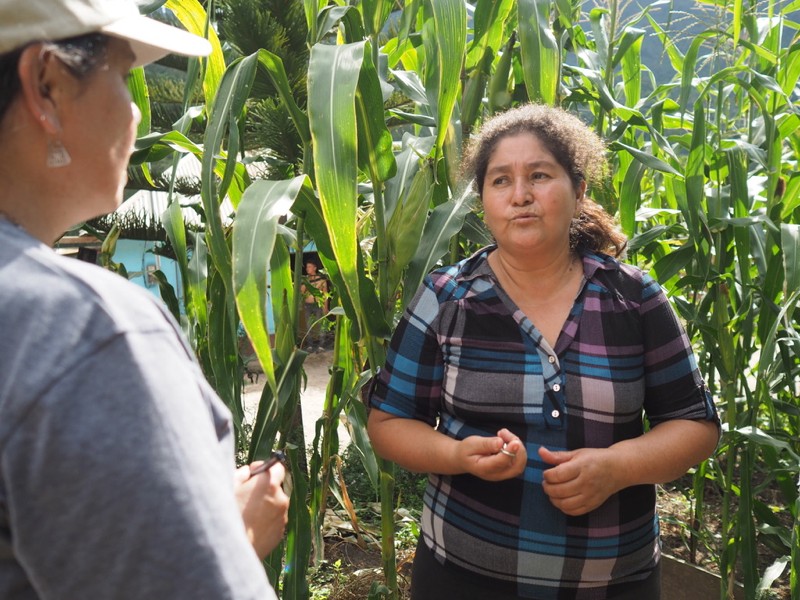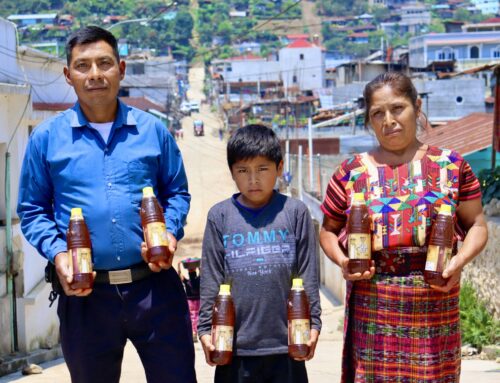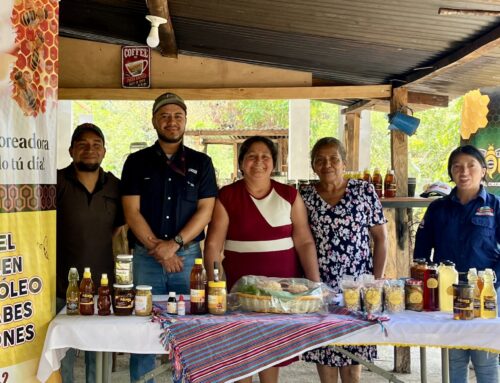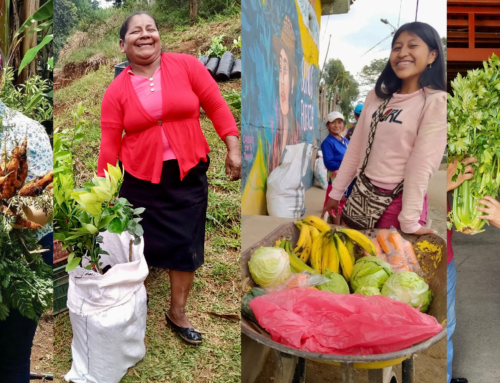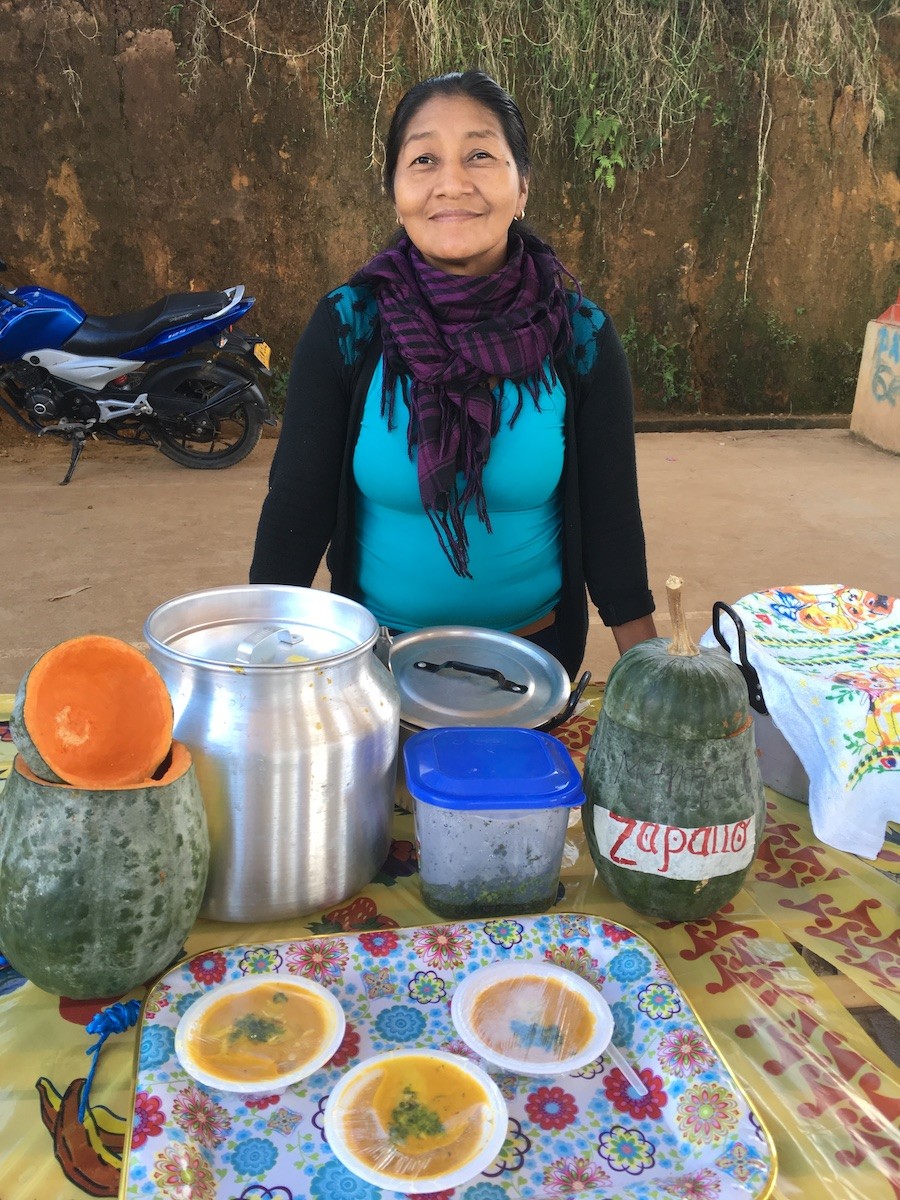
International Day of Rural Women is celebrated on October 15th, World Food Day follows on the 16th. It’s no coincidence that these two days are celebrated so close together. Rural women play an outsized role in providing for their families that often goes unrecognized. Many rural women contain vast reserves of untapped potential as community leaders.
As an organization co-founded and led by women, we are committed to cultivating female leaders at our partner organizations. Over our history, we’ve seen women develop the skills needed to lead and sustain climate-friendly food security programs for thousands of families.
To accomplish our ambitious vision of good food every day for coffee-farming families, we nurture female leaders – coffee farmers, family members, co-op staff, and students. This is why a major portion of our focus is on education and professional skill development for women.
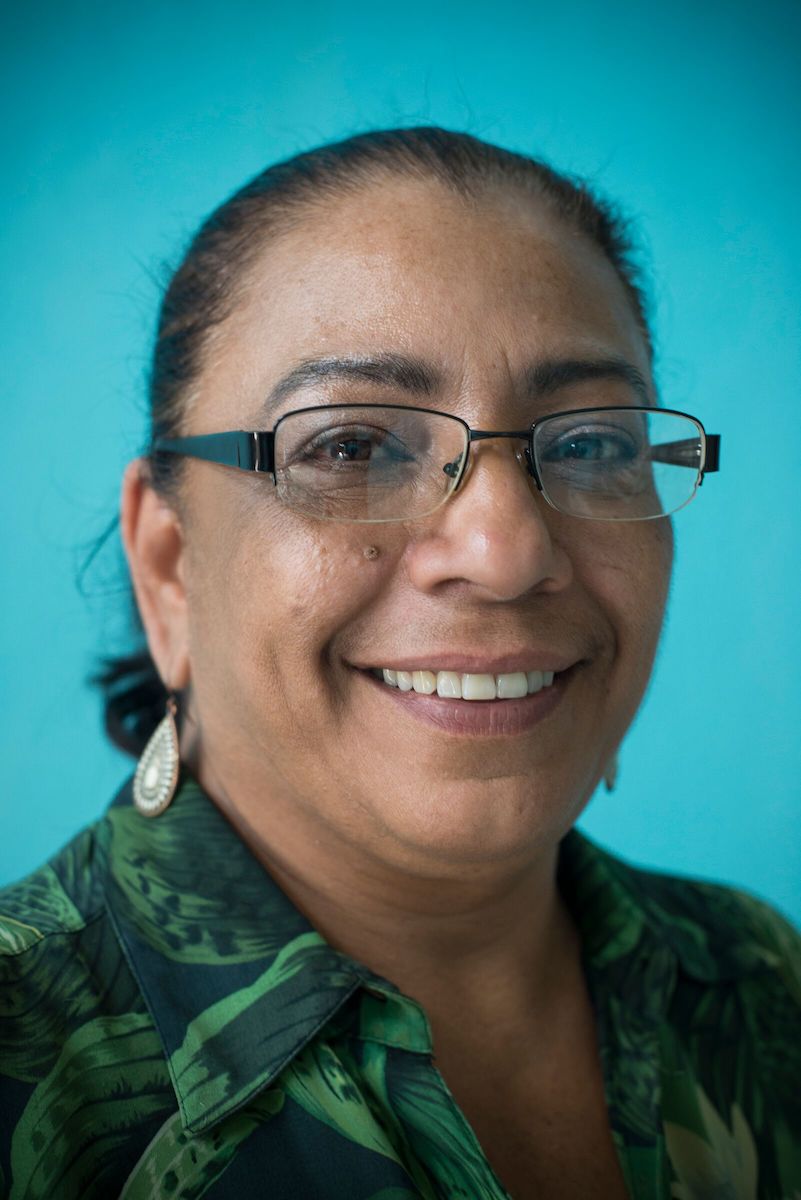
“When women have access to the means of production of food, they have access to local markets and can move toward economic independence,” said Fatima Ismael, Director of SOPPEXCCA. Her organization’s organic farmers market gives women new opportunities to build their leadership skills while providing healthy, sustainably-produced food for their families and community. Read the full story here and check out a video of the market at the bottom of this post!
We’ve found that when women grow healthy organic food and earn extra income, they save money diligently, invest in new businesses, and bring better nutrition to their families and communities. The women we work with use education to drive positive economic, environmental, and social change.
“When women are involved, they advocate for the family, but also for the community. This is the motivation for every family that participates. The women feel significant and have become decisive leaders able to confront their problems,” said Luz Estella Reyes Sanchez of COMEPCAFE in Colombia. Farming families there are revitalizing traditional crops and recipes, and developing thriving local food systems.
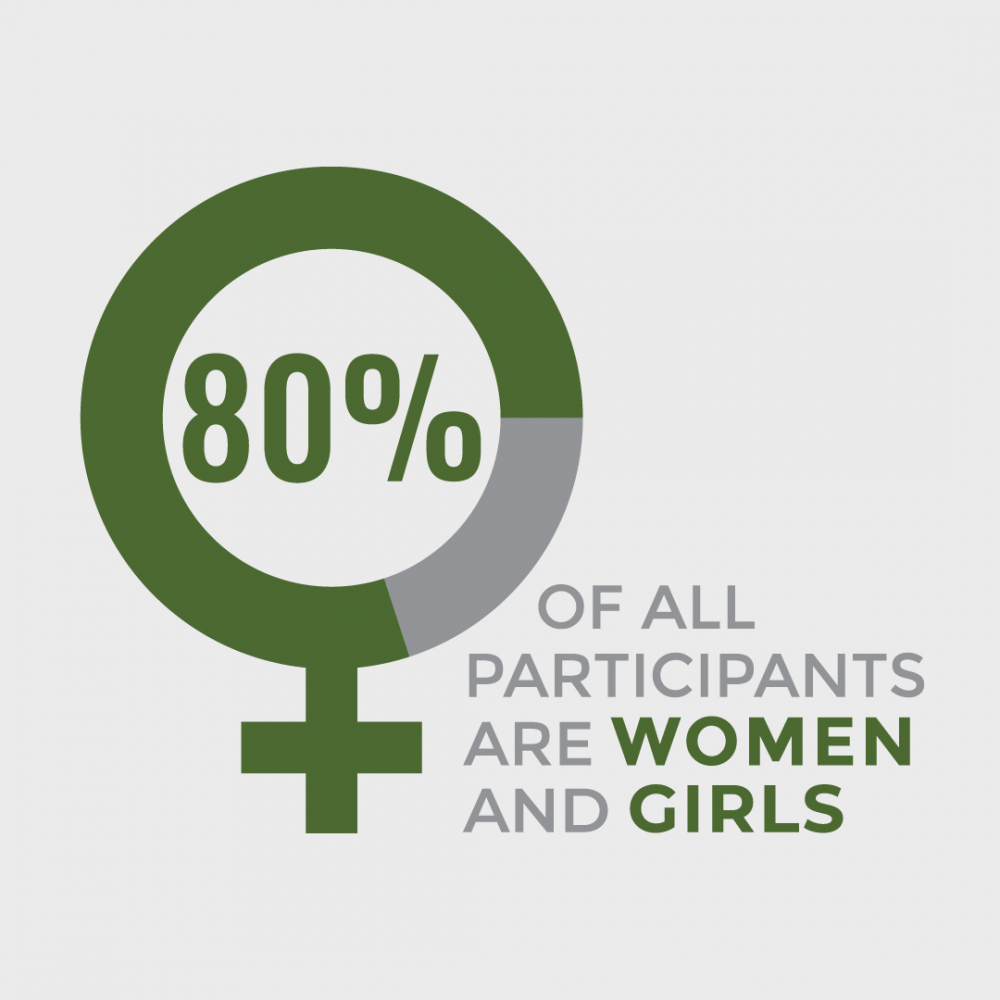
Three of our five partner organizations are led by women, and all co-op food security coordinators are women – as are half of the community food security promoters. In 2018, women and girls represented 80% of participants in our food security programs. Here are some other ways they are effecting positive change:
- In Nicaragua and Colombia, women are using educational workshops and trainings to improve family nutrition, sanitation, and farm soil and water health.
- In Mexico, Guatemala, Nicaragua, and Colombia, women are launching on-farm businesses including organic produce, cacao, beekeeping, and chicken production.
- In Colombia, women community promoters provide support to members of their cooperatives who are establishing organic home gardens. Their expertise ranges from irrigation and nutrition to organic seed starting, transplanting, and pest control.
We’ve seen women become powerful connectors and effective agents for change in rural communities. Making sure they can realize their full potential depends on everyone in the coffee supply stream.
“There’s a shared responsibility in the entire supply chain, not just the producer or the buyer, there are the shipping companies, those who pack and deliver, every single actor in the entire supply chain has to consider where every cup of coffee originates,” said Fatima Ismael.

